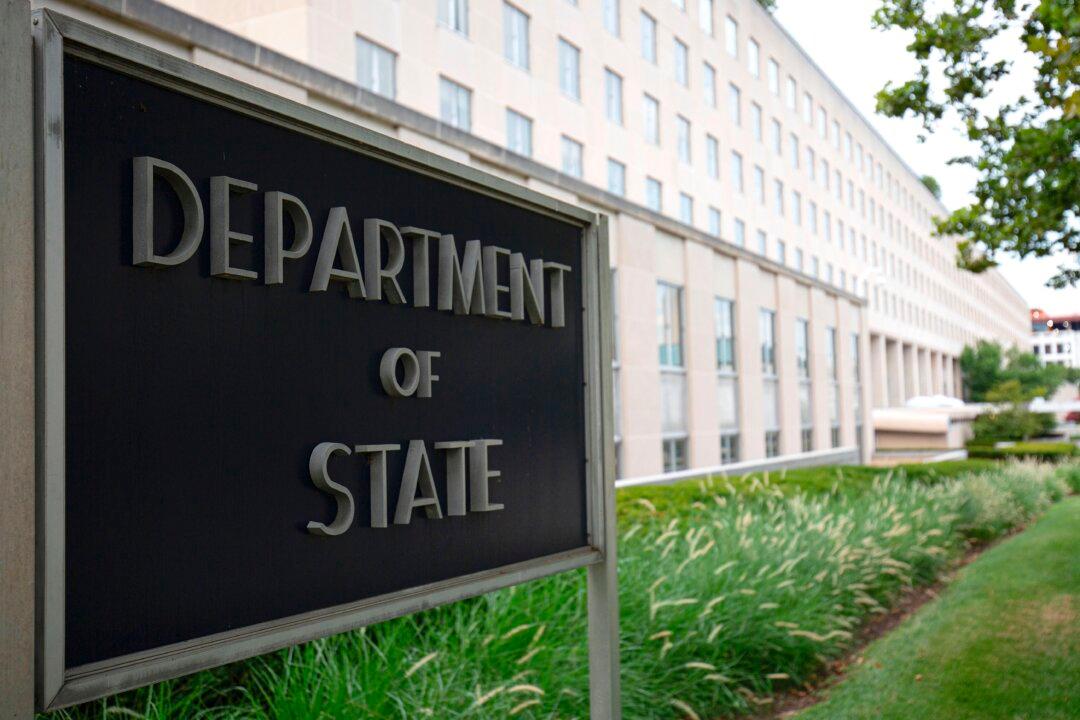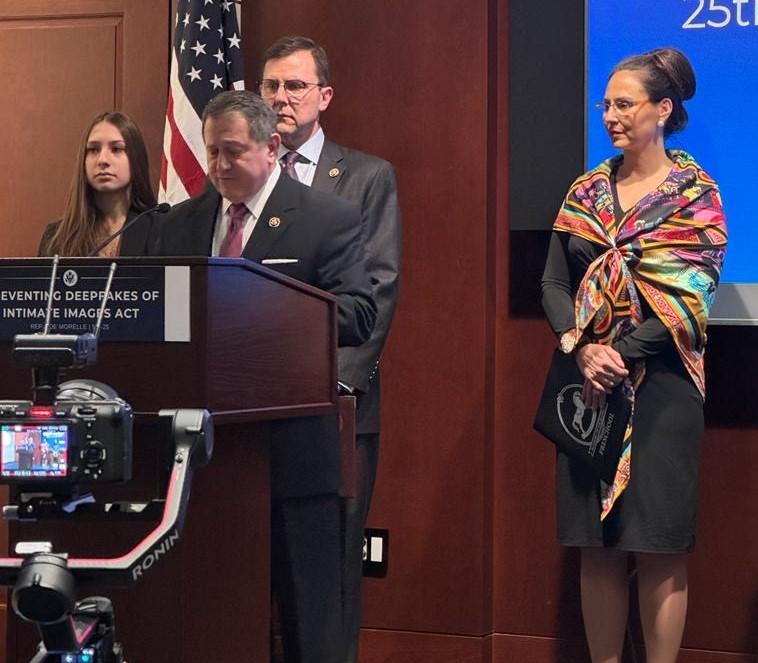The U.S. Department of State announced a win for human rights and diplomacy today with the arrival at Dulles International Airport of 222 political prisoners, a U.S. citizen among them, released from Nicaraguan prisons.
“The individuals released from Nicaraguan custody include political and business leaders, journalists, civil society representatives, and students,” according to a Department of State press statement.





